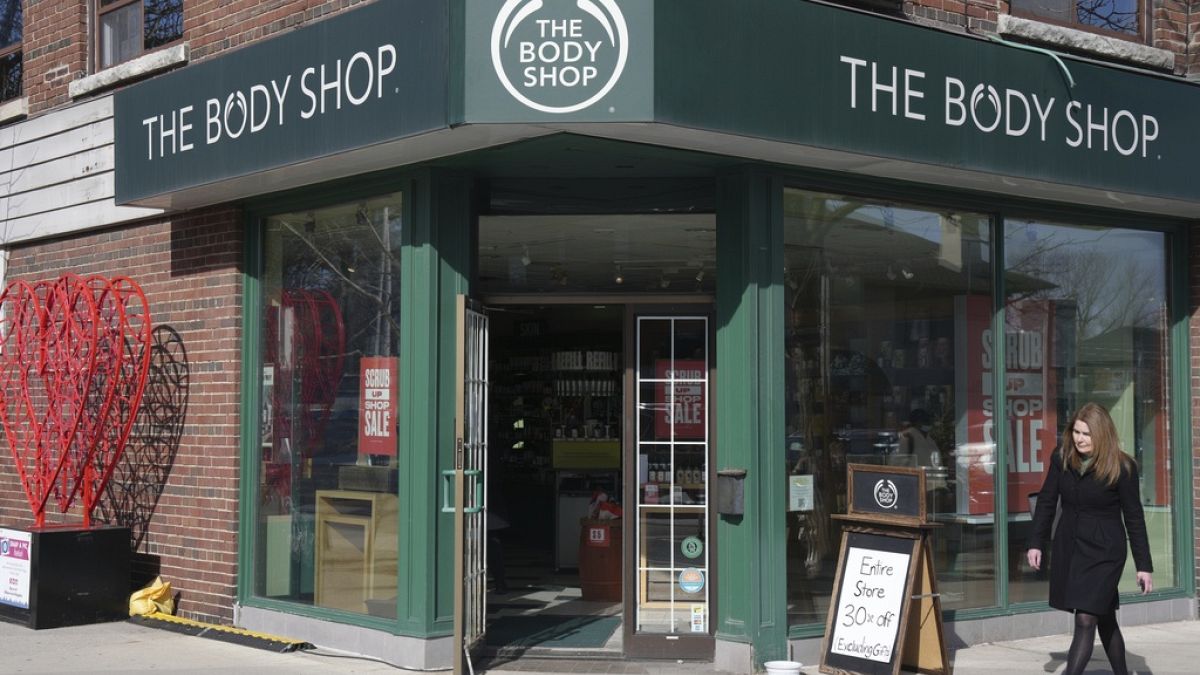Several other UK high street brands have also gone into administration recently, including Debenhams and Topshop, due to higher interest rates, the cost of living crisis and increasing inflation seen in the UK over the last several months.
The Body Shop’s French subsidiary could potentially face closure, with the company already in receivership and being left with only one bid to take it over. This bid is also unlikely to be much help, as it is only for a partial takeover. Unless more buyers are forthcoming soon, the company will be facing compulsory liquidation.
The Body Shop revealed that it had entered administration on 13 February 2024, and has been struggling since then, with several store closures and staff redundancies. However, the chain is still trading as of now, albeit at a reduced capacity, with the online site limping along and several consumers disheartened by the scarcity of popular products.
The French subsidiary of the chain was placed in receivership at the beginning of April 2024. Other companies or investors who were interested in buying the subsidiary initially had until 3 June to declare themselves, however the judicial administrators had then extended the deadline by another month.
So far only two possible candidates had come forward, with a third being rejected outright due to declaring themselves after the deadline. However, one of these two eligible buyers, Horizon Pharma, subsequently withdrew its offer, which was initially for the acquisition of approximately one hundred employees and thirty stores.
The last remaining offer at the moment is from home fragrance and candle brand Berger International, which has also changed its offer to reflect a lower number. They are willing to acquire 12 branches and 30 employees for a total of €250,000.
However, six of these stores would eventually be sold off, to raise capital to transform the remaining six to new stores under Berger’s ‘Not Only Candles’ brand.
As of now, The Body Shop’s French subsidiary may have no choice but to accept this offer, even if lower than previously anticipated, if it wants to avoid compulsory liquidation.
What went wrong with The Body Shop?
Established in 1976, by the late Anita Roddick in Brighton, The Body Shop was a pioneer for ethical trading and consistently spoke out against animal testing. It went on to be headquartered in London, with approximately 200 branches all over the UK and more abroad.
However, like several other UK high street brands to go into administration recently, such as Debenhams and Topshop, The Body Shop has also been struggling significantly since the pandemic. This was made considerably worse due to higher interest rates and soaring inflation, leading to higher rent and overhead costs.
The brand also faced lower sales, with consumers also struggling with increased costs and mortgages, thus spending less on luxury and discretionary items.
The rise of new competitors such as The Bath and Body Works and Lush, as well as increased advances by old rivals like L’Occitaine also weighed The Body Shop down further.
Sarah Montano, professor of retail marketing at the University of Birmingham, further explains what went wrong with the brand, on the university website, “Firstly, a number of competitor brands have also adopted the same environmental or natural values, for example, brands such as Evolve, Ren or Neal’s Yard, meaning that The Body Shop no longer offers a distinctive product.
“Secondly, campaigns against issues like animal testing in the beauty industry are no longer needed nor a main focus for the public, as in 1998, there was a ban on animal testing for finished cosmetics and ingredients. Although environmental concerns are just as important as ever.
“Thirdly, price - some customers felt that The Body Shop prices had become too high, and the products were no longer good value.”















